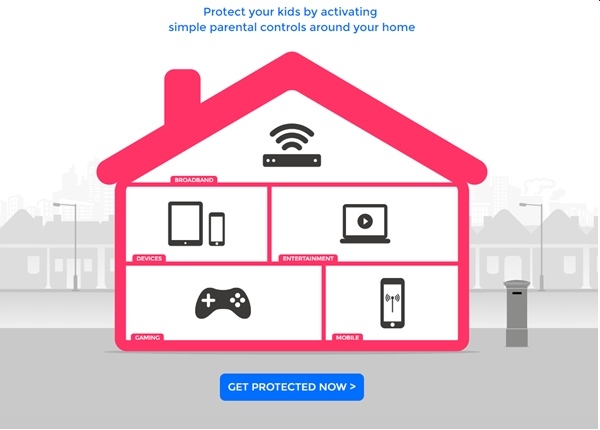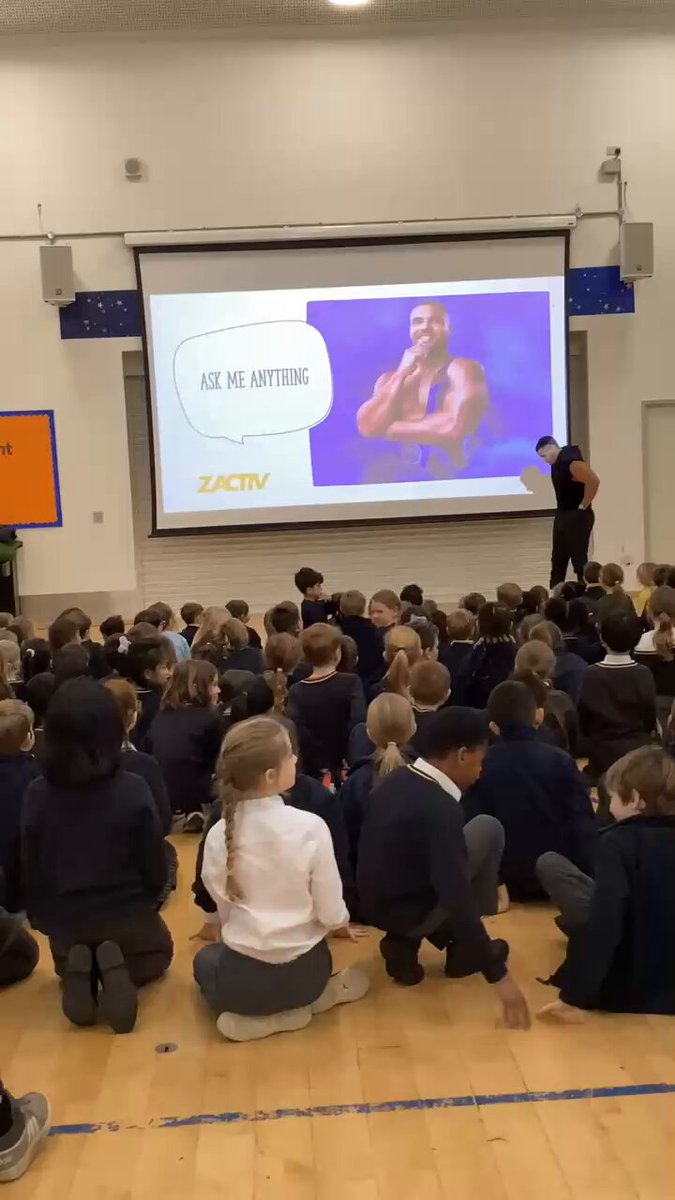Technology at Harpenden Academy
At Harpenden Academy, we are committed to ensure our children are equipped with all that they need to know to be able to keep safe online and ADD ‘navigating technology for an ever evolving world.
Today’s children and young people are growing up in a digital world. As they grow older, it is crucial that they learn to balance the benefits offered by technology with a critical awareness of their own and other’s online behaviour, and develop effective strategies for staying safe and making a positive contribution online.
At Harpenden Academy, we want our children to quickly become fluent in our essential apps on the iPad which will allow them to interact with their learning every day. The children will be able to communicate, create and collaborate in our digital learning-based classrooms. This links with the Trusts vision of ‘Education for a changing world’ and it forms part of our school development plan (priority 2). We believe in delivering education that is fearless, invigorating and intellectually stimulating, allowing our pupils to access life skills beyond school and challenging themselves in their future.
At Harpenden Academy we empower our pupils to unlock their potential by using iPads as a pathway to facilitate creativity and achieve their learning goals. We will use technology to create a culture of rich, exciting, and memorable experiences that inspire and motivate our children to explore and utilise the varied learning opportunities provided by the iPad. This versatility enables teachers to encourage curiosity and an ambitious approach to learning with the aim of creating success stories for all. We use technology not as a substitute for existing practice, but as an inclusive tool to allow all learners to flourish and raise their expectations.
Information about online safety issues and how to ‘Stay Safe’ can be found on the websites below. This is just a sample of websites that can provide parents with support and information. Once parents and carers have the background knowledge and understanding of eSafety they can decide what is right for their family.
- National Online Safety - Parent Guides to ensure safety of children on the internet
- Facebook Magic 13 - Why do you have to be 13 to use Facebook?
- Herts E-Safety - Mind the gap!
- Internet Safety - Parents Guide
- NSPCC - Help keep your children safe online!
- CEOP - News and articles around internet safety
- Think U Know - Great advice to keep children safe whilst using the internet
- KnowITAll - Award-winning resources for teachers and parents.
- Webwise - The BBC Webwise is a beginner’s guide to using the internet. There is a good section on children’s online safety.
- Internet Matters - This website contains lots of information about staying safe online, with tips about games, social networking, mobile technology and more.
- Get Safe Online - A beginners guide to using the Internet safely, including a quiz and some video tutorials about how to ‘stay safe’ on-line.
- Kidsmart - Kidsmart is an award winning internet safety website for parents and those working with children. It has been developed by the children's internet charity Childnet International and has excellent information on many of the technologies used by children, with guidance on how to ‘stay safe’ online.
- Childnet - A non-profit making organisation working directly with children, parents and teachers to ensure that the issues of online child protection and children’s safe and positive use of the internet are addressed. Childnet International produce an online CD guide specifically for parents.
Top Tips for when online
The internet and related technologies, including mobile phones, games consoles and social networks are becoming increasingly important in the daily lives of our children and have many positive benefits. They can be used both educationally and socially and are becoming part of a child’s identity. Socially our children often use the internet for entertainment, interaction, and communication with ‘friends’. Access to the internet can take place anywhere and at anytime so we need to make sure our children are able to use the internet safely.
Many children are unaware of the risks for example by having many online friends (who could be strangers), uploading inappropriate images, viewing unsuitable content or sharing too much personal information.
- Talk together and have fun learning together.
- Keep virus and firewall software up to-date.
- Remember that passwords should be kept private and not shared with others. Many eSafety incidents relate back to the sharing of passwords.
- Involve everyone and agree your family guidelines and rules. Remember that sometimes what is acceptable for a Year 10 child is not necessarily acceptable for a Year 4 child.
- Regularly discuss online safety and go online with your children. Communication is the key to ‘staying safe’ online.
- Enable your ‘browser safe’ search option and/ or consider using internet filtering software, walled gardens and child-friendly search engines. Critically view all content as some websites are not what they appear.
- Keep the computer in a communal area of the house, where it's easier to monitor what your children are viewing. Do not let children have webcams, or similar, in their bedroom. Remember any image, sound or text can be copied and viewed by everyone.
- Talk to your children about why they should not to give out their personal details. If they want to subscribe to any online service then make up a family email address to receive the mail.
- We all love to chat and children are no different. Encourage your children to use moderated chat rooms and never to meet up with an online ‘friend’ without first telling you.
- Time spent online should be monitored to help prevent obsessive use of the internet. Children need to follow a range of activities many of which will be offline.
- Encourage your children, and in fact all family members, to tell you if they feel uncomfortable, upset or threatened by anything they see online.
- Have proportionate responses if the family guidelines are not followed.
How do I set up parental controls?
These controls are designed to help parents and carers manage their child’s online activities; however they don’t replace the need for adults to support and advise children using the internet. This online tool from Internet Matters helps you to set up a personalised list of the controls used in your home on all your devices. There is also advice on how to use the controls, with videos and step-by-step instructions.
Search here for parental controls guides for broadband, mobile, smartphones, social media, search engines and more. You can find everything from Snapchat, YouTube and Whatsapp parental control settings to Google, EE and Sky.

An introduction to child safety online
Online safety for children is a concern for all parents. In this video, Bethan Kelly from Barnardo's discusses how you can help keep your child safe online.
Instagram, Facebook and Whatsapp Guidance for Parents
- Instagram Guidance for Parents.pdf
- Facebook Guidance for Parents.pdf
- Why Facebook is for 13 year olds and over
- Whatsapp Safety - A Guide for Parents
Department for Education Advice for Parents
- Advice for Parents on Cyberbullying
- Mind the Gap - Questions you may want to ask your children
- Esafety advice for parents
Useful Apps/Website
Subject |
Apps |
Website |
Reading |
Bugclub |
ActiveLearn: Login (activelearnprimary.co.uk) |
Writing |
Book creatorChatterpix |
https://www.naturalcurriculum.co.uk/ |
Spelling/phonics |
Spelling shed.Teach Monster |
Spelling Shed - Spelling Shed - The Science of SpellingTeach Your Monster: Free Phonics, Reading and Mathematics Games |
Maths |
White roseMaths |
Topmarks
|
Science |
|
|
History |
|
|
Geography |
|
Google maps |
RE |
|
|
PE |
|
|
MFL |
Duolingo |
Duolingo - The world's best way to learn a language |
| Music | Garageband | |
| Computing |
Bookcreator Bee-bot Imovie |
Scratch |
| Art | Paint, Freefrom |
Drawing London Landmarks in Reception
Using pictures to copy the children used the free form app on the Ipad to draw one of the landmarks. Great results.




























